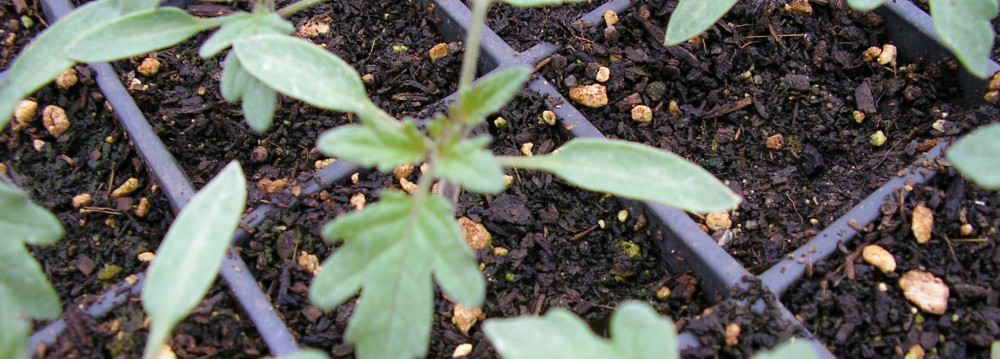Re: Food and Drug Administration Produce Standards Rule: FDA-2011-N-0921 RIN 0910-AG36
Nov. 12, 2013
We own and operate Riverbend Farm, in Delano, Minnesota, a small scale diversified, certified organic, vegetable farm. We produce more than 20 types of vegetable crops for sale to our CSA members, local restaurants, grocery stores, and schools.
Food Safety is important to every small farm. If we have a contamination problem and someone gets sick from eating our food, we are out of business. I take food safety very seriously.
The definition of a facility will make it very difficult for anyone ramping up production on a small farm. Many times a beginning farmer will not have a wide enough product offering or quantity to attract the attention of potential buyers. If they can piggy back their offerings on a more established farm they will have an opportunity to enter the marketplace. For example: A neighboring farm grows great onions, but is just starting out. No one is going to buy just onions when they also need cabbages, winter squash, potatoes, and turnips. They meet their produce needs with a farm that offers all of these items. If the onions can be delivered by a farm that has most of the above items, both farms can benefit. A low limit (5 items) on the number of items delivered from other farms would solve this.
The proposed rules for applying composted manure are in conflict with the NOP standards for composted manure. There is no documented case of anyone getting sick from produce that was fertilized with compost in accordance with the NOP standards. And the NOP standards are over the top for anything but sewage sludge. Align the proposed rule with the NOP standards. The FDA may also want to consider including best practices for handling raw manure in the new rules, i.e. incorporate the raw manure within 24 hours to minimize nutrient loss and the potential for water ( surface or irrigation ) contamination.
The proposed rules should include language to encourage the use of conservation practices that enhance beneficial insect habitat, provide windbreaks for soil erosion control and limit pesticide drift.
In many instances it is completely impractical to exclude wild animals from farm fields. Training on how to identify scat and droppings would go a long way towards eliminating that as a possible source of contamination. A list of ‘animals of concern’ may be interesting, but not useful in many instances. For example, what happens if our neighbors on three sides have habitat for listed animals ?
Under the Produce rules for the ‘qualified exempt’ farms the income limit should not apply to commodity crops unless all commodity crop farms are subject to the proposed rules. Since commodities are not regulated under the Produce Rule the value of them should not be considered as income for a produce operation.
It is not clear what would cause a qualified exemption to be withdrawn. I can’t tell from reading the proposed rule what would trigger that withdrawal nor what actions would prevent it. It is also not clear how a farm would earn back the qualified exemption. As a small farm we do not have staff to do extra paperwork and documentation. Losing the qualified exemption status ( for unknown reasons) would probably put us out of business. This could be improved by stating what kind of problem would lead to withdrawal of qualified exempt status, what would be acceptable documentation to prevent withdrawal, and including a process to regain qualified exempt status.
The estimated cost to comply with the regulations would seem to favor large scale operations, perhaps another facet of an unstated, but misguided ‘Get Big or Get Out’ policy. Current trends show that the number of small farms are increasing to meet the demand for local food. Preventing these farms from operating is not going to help satisfy that demand and will not appreciably affect food safety. The vast majority of people who suffer a food borne illness are eating products from large scale operations. To put a undue portion of the cost of insuring a safe food supply on small farms makes no sense.
An integrated approach to producing safe food makes the most sense. We grow more than 20 different kinds of produce, several types of cover crop seeds, and large areas of green manures. To treat each crop separately would be a logistical nightmare. The details may differ if a crop is lettuce or tomatoes, but avoiding contamination in the field, during harvest, cleaning, packing, and storage are common to every crop we produce.
Thank you for your consideration of this.
Greg Reynolds
Riverbend Farm
5405 Calder Ave SE
Delano, MN 55328
763-972-3295
greg(dot)reynolds(at)frontier(dot)com
